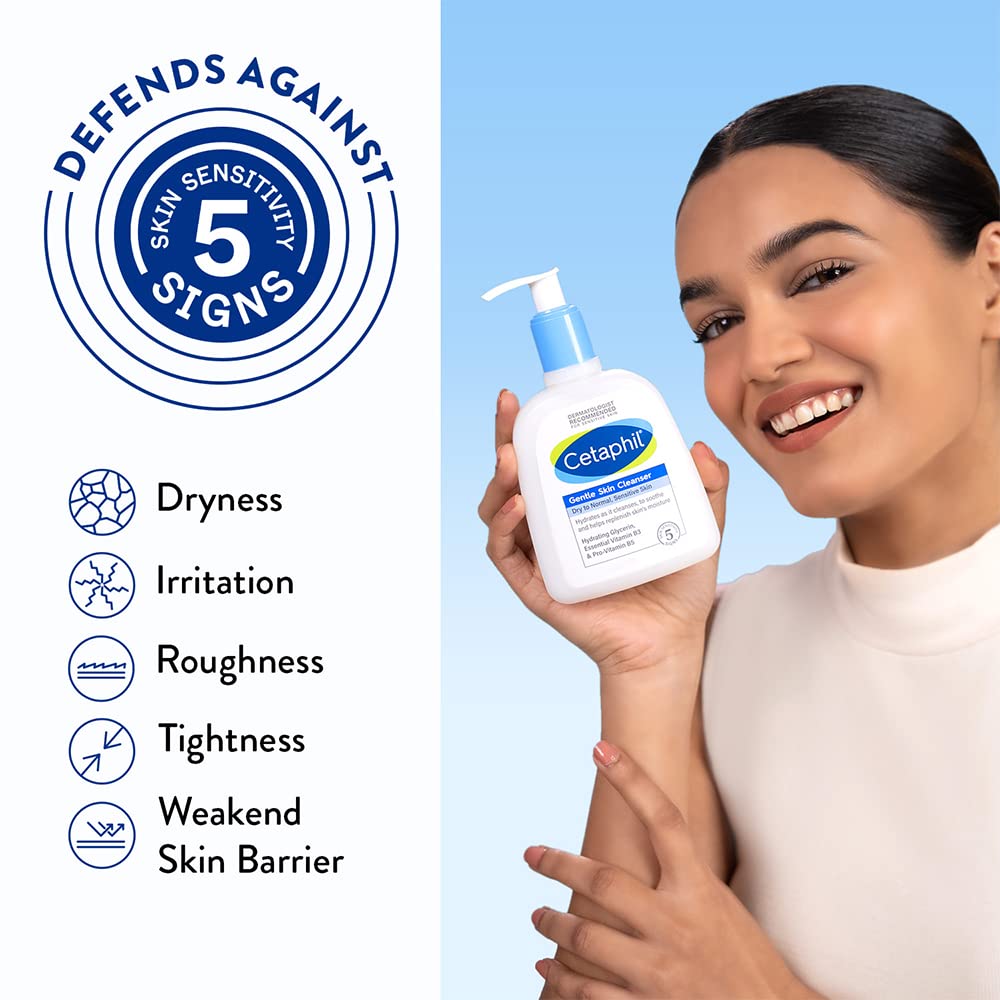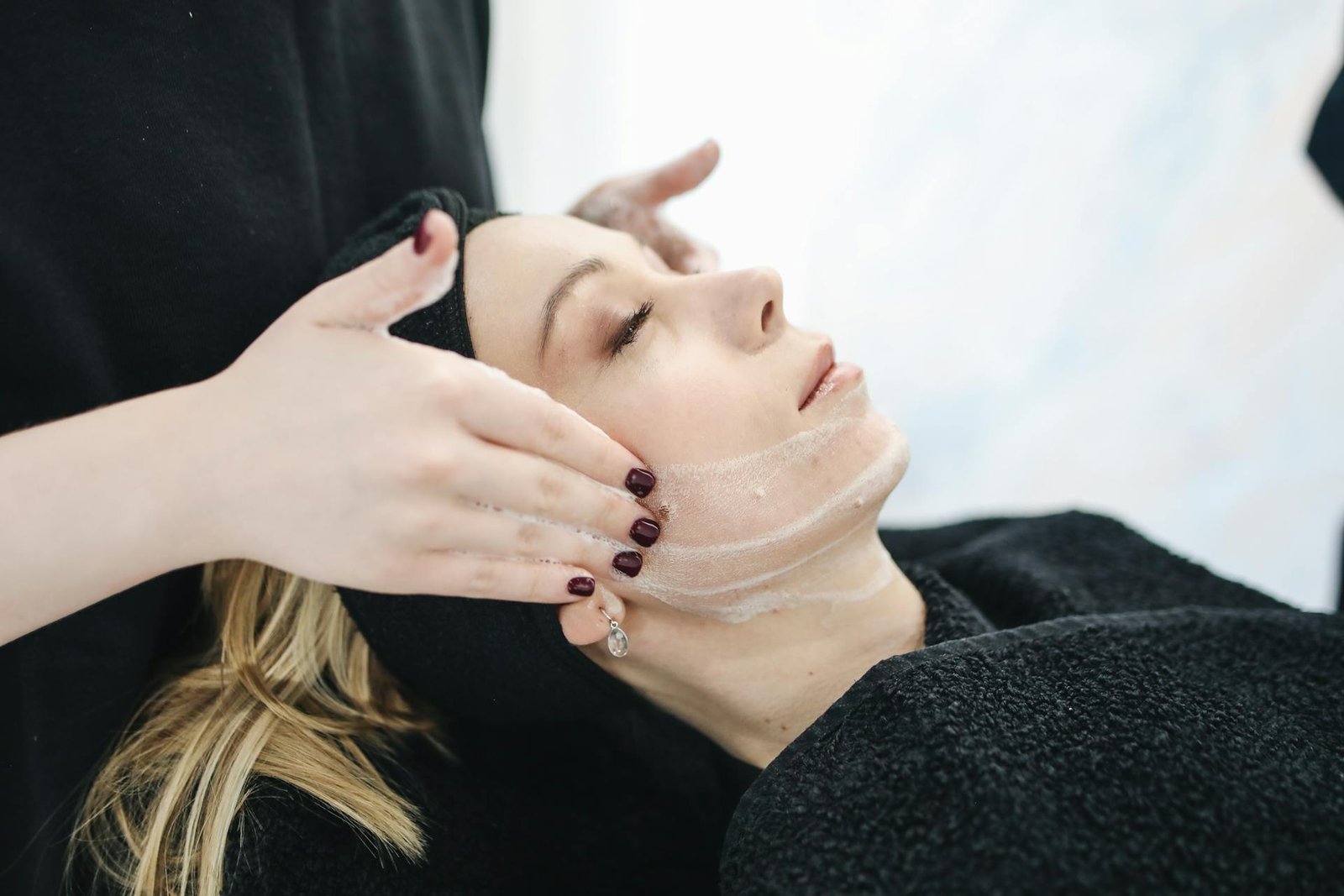How to Choose the Right Sunscreen for Indian Skin: SPF Guide

Sunscreen is one of the most essential steps in any skincare routine, especially in a country like India, where intense sunlight and UV exposure are daily realities. But finding the right sunscreen for Indian skin can feel overwhelming with so many options and SPF ratings on the market. In this guide, we’ll break down everything you need to know about SPF, the types of sunscreens available, and tips on selecting the best sunscreen to protect your skin against sun damage.
Why Sunscreen is Essential for Indian Skin
Indian skin is generally more prone to pigmentation issues, tanning, and discoloration when exposed to sunlight. The combination of UV radiation and pollution can also lead to premature aging, dark spots, and, in severe cases, skin cancer. Applying sunscreen daily not only protects against these harmful effects but also helps maintain an even skin tone and youthful glow.
Understanding SPF: What It Really Means
SPF, or Sun Protection Factor, measures how well a sunscreen can protect your skin from UVB rays—the rays responsible for sunburn and skin cancer. Here’s a quick breakdown:
- SPF 15 blocks about 93% of UVB rays.
- SPF 30 blocks 97% of UVB rays.
- SPF 50 blocks 98% of UVB rays.
While it might seem like SPF 50 provides significantly more protection than SPF 30, the difference is actually minimal. For most people, SPF 30 is sufficient for everyday use, but those who spend extended time outdoors or have sensitive skin may benefit from SPF 50. Remember, no sunscreen can block 100% of UVB rays, so regular application is key.
Types of Sunscreens: Chemical vs. Physical
Sunscreens come in two main types—chemical and physical (also known as mineral sunscreen). Let’s explore each type and its suitability for Indian skin tones.
- Chemical Sunscreens
Chemical sunscreens absorb UV rays and convert them into heat, which is then released from the skin. They usually contain ingredients like avobenzone, oxybenzone, and octinoxate. These sunscreens tend to be lightweight and easy to apply, making them popular for everyday wear.
- Pros: Lightweight, absorbs quickly, no white cast.
- Cons: Can cause irritation for sensitive skin, may not be suitable for acne-prone skin.
- Physical (Mineral) Sunscreens
Physical sunscreens use minerals like zinc oxide or titanium dioxide to create a barrier on the skin that reflects UV rays. They are usually less irritating, making them ideal for sensitive skin.
- Pros: Suitable for sensitive skin, offers immediate protection upon application.
- Cons: Can leave a white cast, heavier texture.
Choosing the Right Sunscreen for Different Indian Skin Tones
Indian skin tones can range from fair to deep, and choosing the right sunscreen requires considering how it appears on the skin.
- For Fair to Medium Skin Tones
Those with fair to medium skin tones may experience visible tanning and sunburn more readily. Look for a broad-spectrum sunscreen with SPF 30 to 50. Chemical sunscreens are often a good choice here as they blend easily and don’t leave a white cast, perfect for daily wear. - For Medium to Dark Skin Tones
People with medium to darker skin tones may worry about the white cast left by some sunscreens. Opt for tinted mineral sunscreens that blend into the skin or use chemical sunscreens for a natural finish. SPF 30 is usually sufficient for daily use, but go for SPF 50 if spending extended time outdoors. - For Sensitive or Acne-Prone Skin
Physical sunscreens, particularly those containing zinc oxide, are generally well-tolerated by sensitive or acne-prone skin. These offer sun protection without irritating the skin or clogging pores. Look for labels like “non-comedogenic” and “fragrance-free.”
Key Ingredients to Look For in Sunscreen
Apart from SPF, certain ingredients can enhance a sunscreen’s benefits:
- Antioxidants (e.g., Vitamin C, Vitamin E): Combat free radicals from sun exposure and pollution.
- Niacinamide: Helps reduce pigmentation and brightens skin tone.
- Hyaluronic Acid: Keeps skin hydrated without a greasy feel.
How to Apply Sunscreen for Maximum Protection
- Apply Generously: Use about a nickel-sized amount for the face and a shot-glass-sized amount for the body.
- Apply 15-20 Minutes Before Sun Exposure: This allows the product to absorb fully.
- Reapply Every 2-3 Hours: Especially important if you’re outdoors or sweating.
- Don’t Forget Areas Like Ears, Neck, and Hands: These spots are often missed but are equally prone to sun damage.
Best Sunscreens for Indian Skin
Here are some popular and effective sunscreens available in India that cater to different needs and skin types:
- Neutrogena Ultra Sheer Dry Touch SPF 50
- Suitable for oily to combination skin, lightweight, and offers high SPF.
- Lotus Herbals Safe Sun UV Screen Matte Gel SPF 50
- Great for oily and acne-prone skin with a matte finish and no white cast.
- La Shield SPF 40+ Sunscreen Gel
- Contains SPF 40+, water-resistant, and suitable for sensitive and acne-prone skin.
- Bioderma Photoderm AKN Mat SPF 30
- Ideal for acne-prone skin, lightweight and helps reduce sebum.
- Lakmé Sun Expert SPF 50 PA+++
- Broad-spectrum, affordable, and easy to find in India.
Choosing the right sunscreen for Indian skin boils down to considering your skin type, tone, and daily exposure to the sun. A broad-spectrum sunscreen with SPF 30 to 50 is usually sufficient for everyday protection. Remember, even on cloudy days, UV rays can still harm your skin, so make sunscreen a non-negotiable step in your skincare routine. Regular application, along with choosing the right SPF and formula, will keep your skin protected, healthy, and glowing.





One thought on “How to Choose the Right Sunscreen for Indian Skin: SPF Guide”